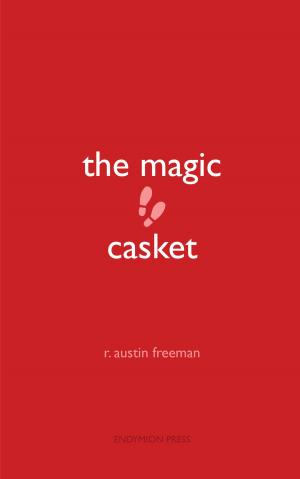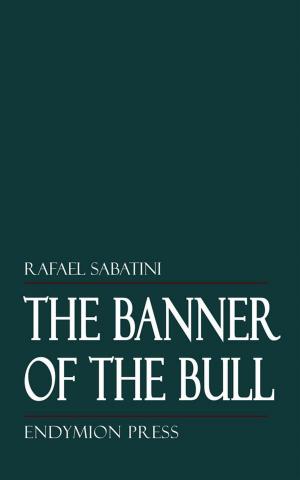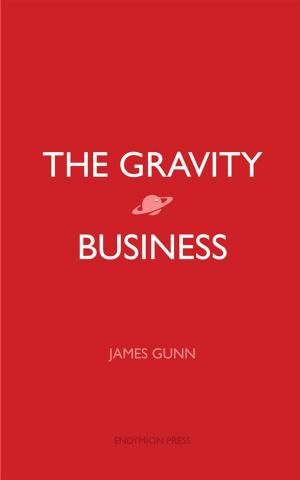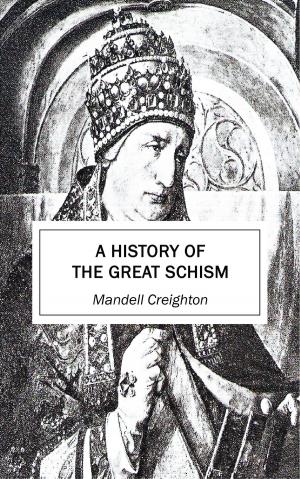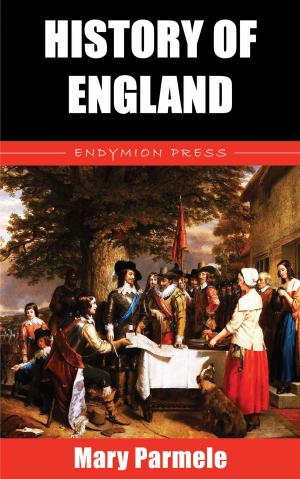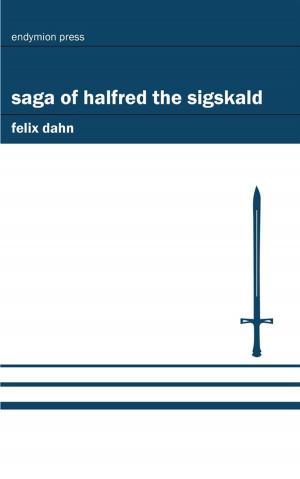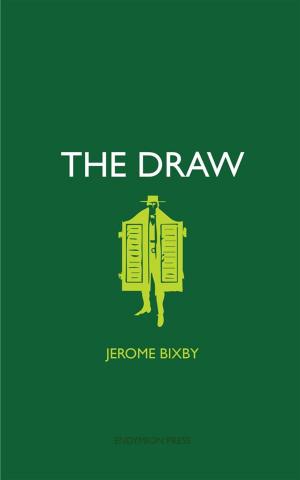| Author: | John Lord | ISBN: | 9781537825144 |
| Publisher: | Endymion Press | Publication: | April 18, 2017 |
| Imprint: | Language: | English |
| Author: | John Lord |
| ISBN: | 9781537825144 |
| Publisher: | Endymion Press |
| Publication: | April 18, 2017 |
| Imprint: | |
| Language: | English |
The age which produced Chaucer was a transition period from the Middle Ages to modern times, midway between Dante and Michael Angelo. Chaucer was the contemporary of Wyclif, with whom the Middle Ages may appropriately be said to close, or modern history to begin. The fourteenth century is interesting for the awakening, especially in Italy, of literature and art; for the wars between the French and English, and the English and the Scots; for the rivalry between the Italian republics; for the efforts of Rienzi to establish popular freedom at Rome; for the insurrection of the Flemish weavers, under the Van Arteveldes, against their feudal oppressors; for the terrible "Jacquerie" in Paris; for the insurrection of Wat Tyler in England; for the Swiss confederation; for a schism in the Church when the popes retired to Avignon; for the aggrandizement of the Visconti at Milan and the Medici at Florence; for incipient religious reforms under Wyclif in England and John Huss in Bohemia; for the foundation of new colleges at Oxford and Cambridge; for the establishment of guilds in London; for the exploration of distant countries; for the dreadful pestilence which swept over Europe, known in England as the Black Death; for the development of modern languages by the poets; and for the rise of the English House of Commons as a great constitutional power...
The age which produced Chaucer was a transition period from the Middle Ages to modern times, midway between Dante and Michael Angelo. Chaucer was the contemporary of Wyclif, with whom the Middle Ages may appropriately be said to close, or modern history to begin. The fourteenth century is interesting for the awakening, especially in Italy, of literature and art; for the wars between the French and English, and the English and the Scots; for the rivalry between the Italian republics; for the efforts of Rienzi to establish popular freedom at Rome; for the insurrection of the Flemish weavers, under the Van Arteveldes, against their feudal oppressors; for the terrible "Jacquerie" in Paris; for the insurrection of Wat Tyler in England; for the Swiss confederation; for a schism in the Church when the popes retired to Avignon; for the aggrandizement of the Visconti at Milan and the Medici at Florence; for incipient religious reforms under Wyclif in England and John Huss in Bohemia; for the foundation of new colleges at Oxford and Cambridge; for the establishment of guilds in London; for the exploration of distant countries; for the dreadful pestilence which swept over Europe, known in England as the Black Death; for the development of modern languages by the poets; and for the rise of the English House of Commons as a great constitutional power...


